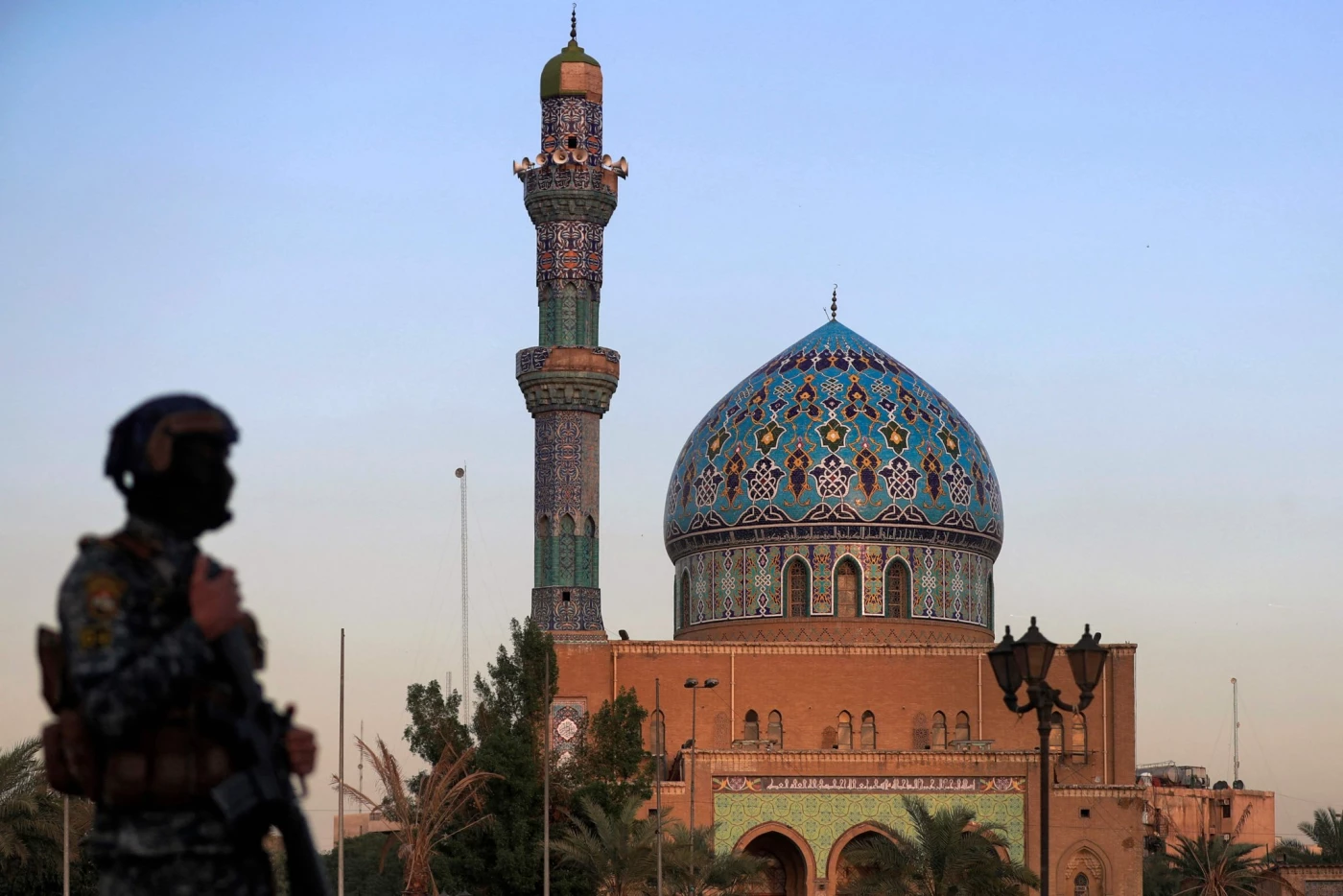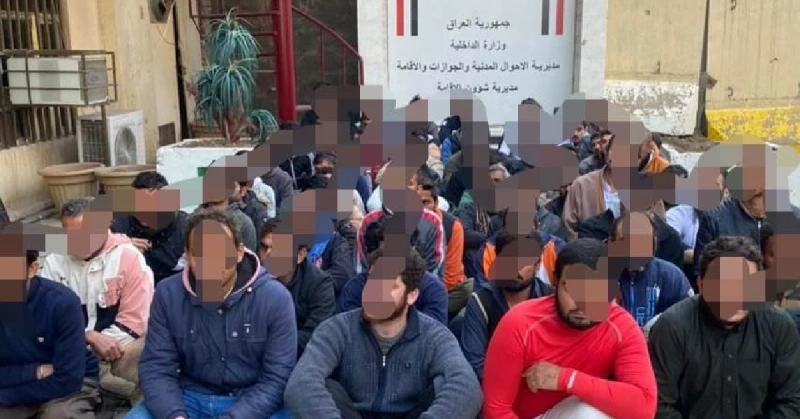ERBIL, Kurdistan Region of Iraq - Iraq’s National Security Advisory has issued a directive to strengthen efforts in combatting extremist groups in the country, namely the Madkhali movement, a subset of the Salafi school of thought in Islam that is considered by many as a fundamentalist and extremist denomination of Salafism.
According to a copy of the directive obtained by The New Region, the Advisory issued an order to “take legal measures and strengthen societal programs to combat extremist movements that threaten collective peace,” singling out the Madkhali movement and labeling it a “high-level threat to societal peace and national security.”
The document, dated April 27, adds that the order is issued based on the approval of Iraqi Prime Minister Mohammed Shia’ al-Sudani during a meeting in March that was attended by the governors of several provinces, officials from religious authorities, and heads of multiple security services.
Abdul Latif Ahmed, a prominent Salafi cleric in the Kurdistan Region, slammed the Iraqi government’s decision, rejecting the claims that the group poses a threat to national security.
The decision “takes away freedom and might end in a bad result and create conflict and chaos,” Ahmed told The New Region on Monday, clarifying that he himself does not subscribe to the Madkhali ideology.
The cleric called on Iraq to “review its decision and deal fairly with differences through dialogue and scientific language, not language of repression and silence.”
“They need to view the country as belonging to all parties, not only to some while others are deprived. There needs to be coexistence, rather than pursuing ‘you either think like me or you no longer exist’ policies,” he added.
Years of being a hub and even an incubator for extremist groups and organizations like al-Qaeda and the Islamic State (ISIS) have made Iraq put up its guards and take stricter measures to make sure violent ideology do not reemerge in full force.



 Facebook
Facebook
 LinkedIn
LinkedIn
 Telegram
Telegram
 X
X


